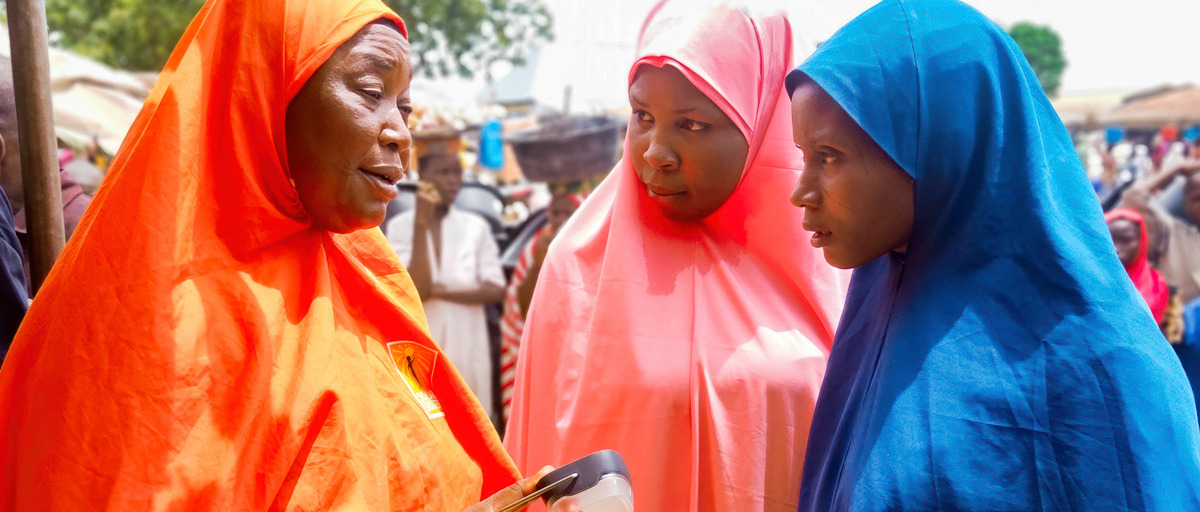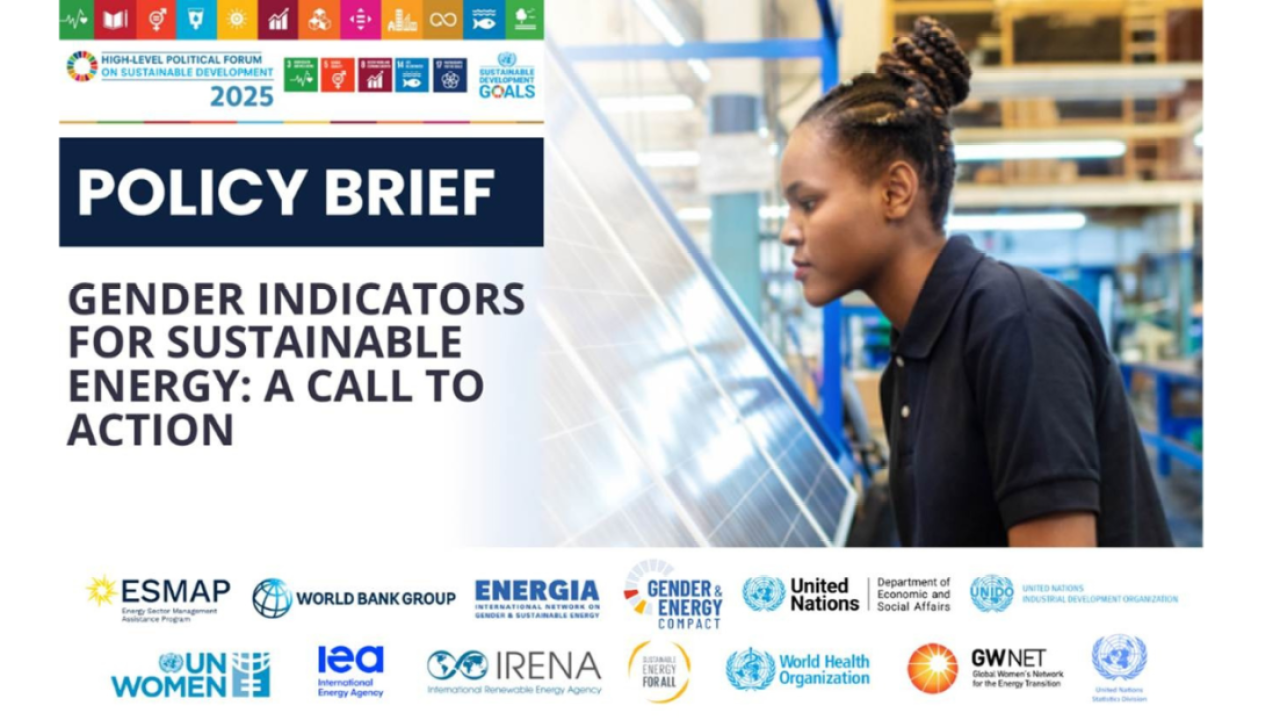Opportunity can feel out of reach in communities facing economic hardships and climate disasters. Solar Sister is changing that narrative through its network of over 11,000 women entrepreneurs. By adapting its model to meet women where they are, Solar Sister provides the tools and support needed to overcome barriers and build a brighter, more resilient future. Recently, in the wake of devastating floods in Nigeria, Solar Sister stepped in to help women recover and thrive.
Solar Sister’s network of more than 11,000 Solar Sister Entrepreneurs bring climate-resilient technologies to their communities while building a pathway to prosperity for themselves and their families through entrepreneurship. The communities Solar Sister works in often face immense barriers to accessing economic opportunities, including gender disparity, economic and political instability, and climate disaster. Solar Sister meets women where they are by adapting our model to these unique contexts to remove barriers to entry and provide the Solar Sister opportunity to as many women as possible.
In recent years, Nigeria, in particular, has experienced increased climate-related disasters. In October 2022, major floods disrupted activities across Nigeria, displacing over 1.4 million people and destroying an estimated 110,000 hectares of agricultural land, which has a tremendous effect on the local economy and the livelihoods of displaced families. The socio-economic impacts of flooding and the resulting displacement have the most severe impacts on women and children, increasing their financial, security, and agency risks and disrupting opportunities for income generation.
Solar Sister identified 50 women living in vulnerable conditions following the flooding in Taraba, Benue, and Nassarawa states and supported them to become Solar Sister entrepreneurs. Recognizing the unique challenges these women faced, Solar Sister adapted its model to remove barriers to entrepreneurship for these women and developed additional, targeted support systems to help enable their success.
The women who participated in Solar Sister’s graduated business training and mentorship gained access to a tested product pipeline and warranty support and were integrated into local Solar Sister Sisterhood groups for networking, support, and encouragement. While Solar Sister’s traditional model supports women to raise their own capital to invest in their solar business, the economic conditions of the flood-affected communities made this initial investment nearly impossible for this population. Recognizing this barrier, Solar Sister provided the initial startup capital for these women in the form of solar product inventory. Additionally, the participants received a digital toolkit to enable the rapid expansion of their business and bolster digital inclusion.
This program and funding from Acumen and GAC provided invaluable learnings and insights about the flexibility and adaptation of the Solar Sister model, demonstrating the effectiveness of economic opportunity through entrepreneurship and the value of localized clean energy distribution in a variety of contexts. While there is still much to learn about the long-term sustainability of these women entrepreneurs and their businesses, based on the outcomes of the initial 8-month pilot period, we consider this adaptation of the Solar Sister model to be a success. Key outcomes and lessons learned can be found in the full report.
This article has previously appeared on the Solar Sister website.







